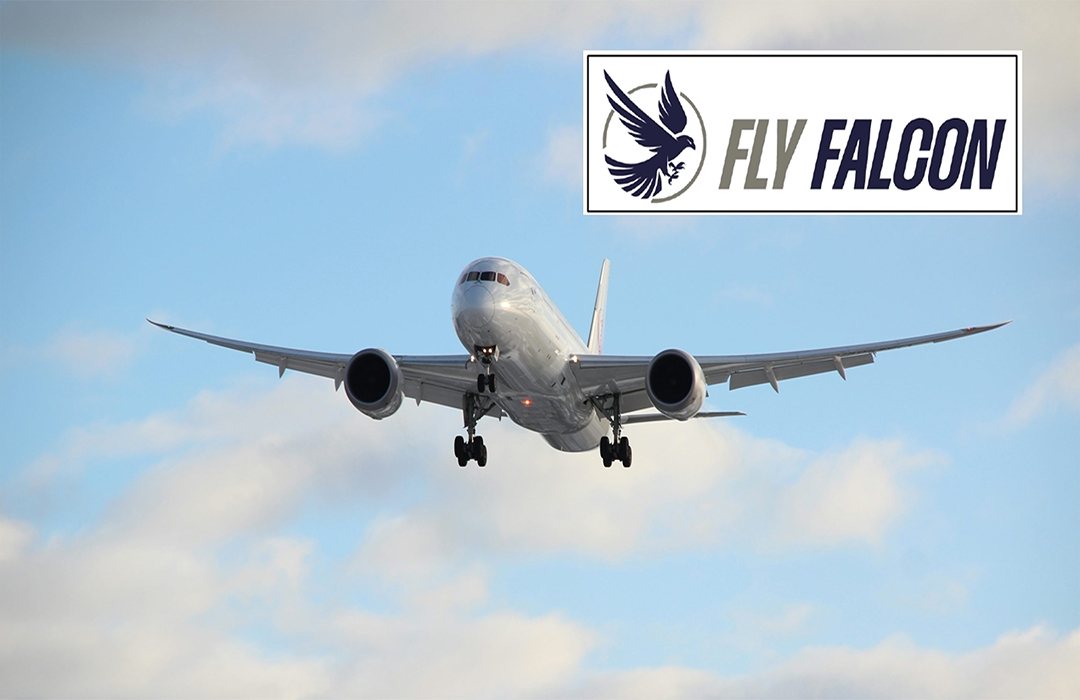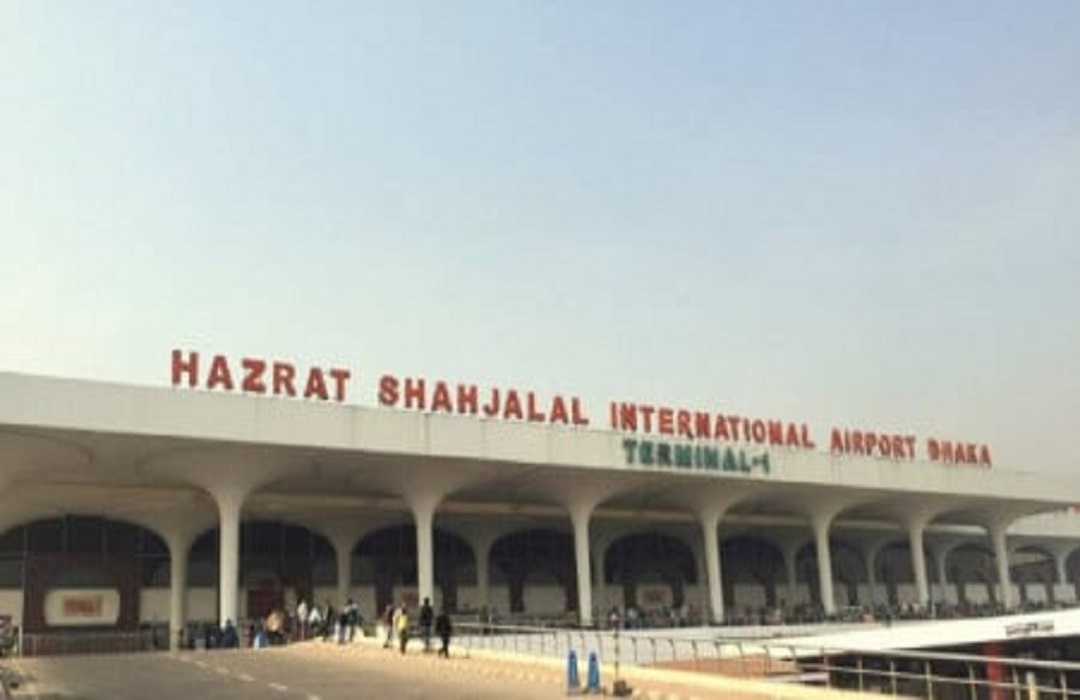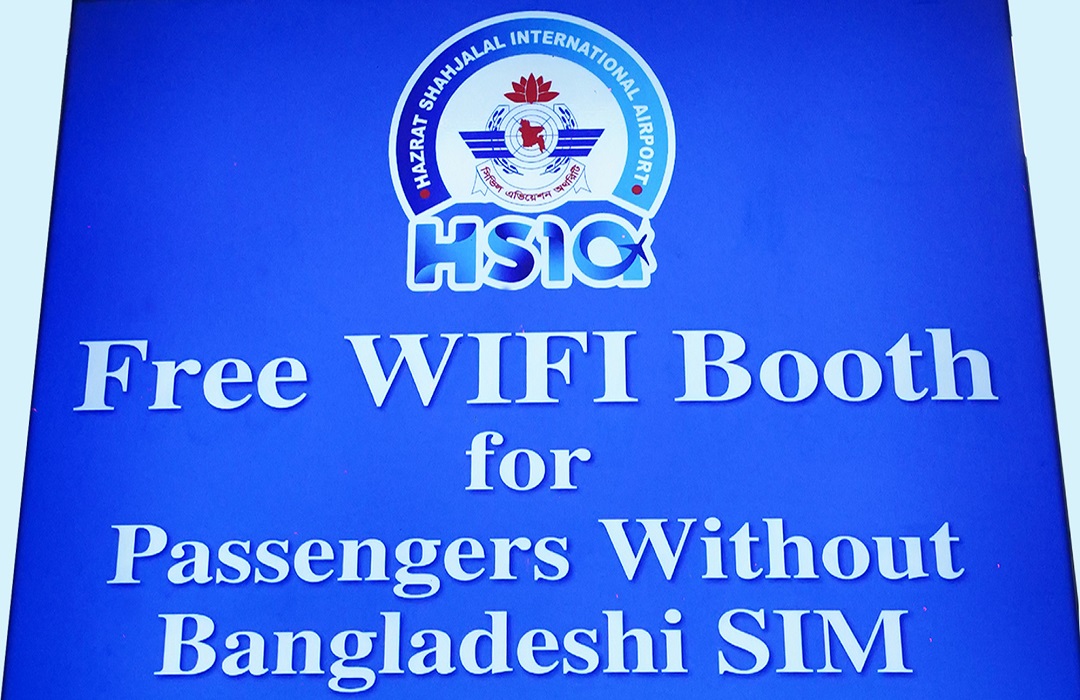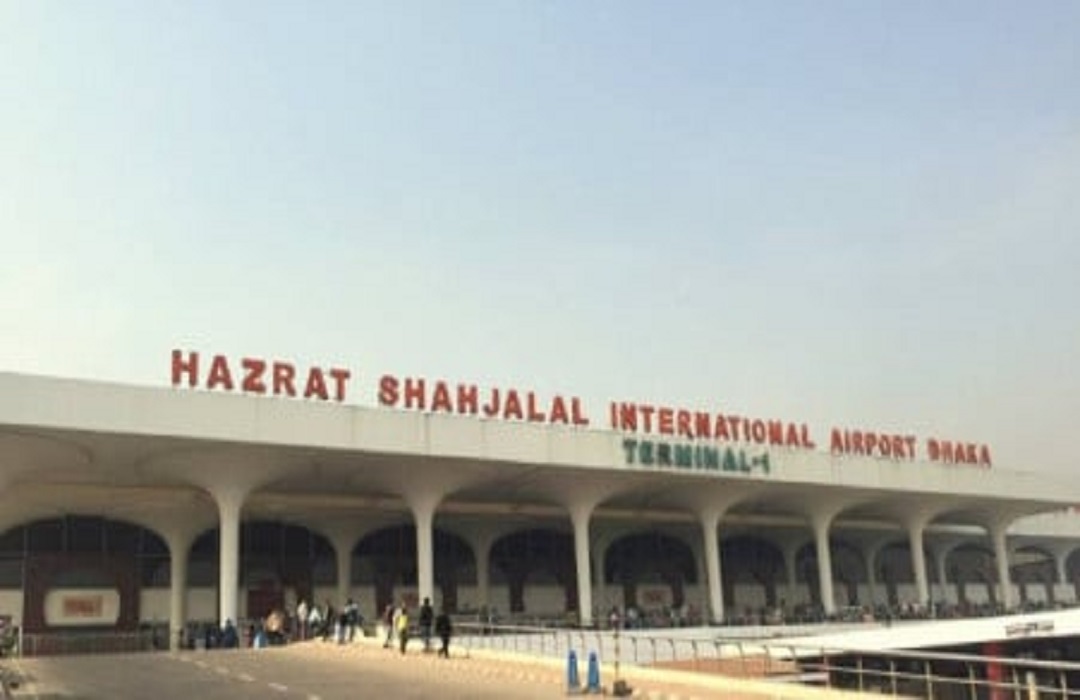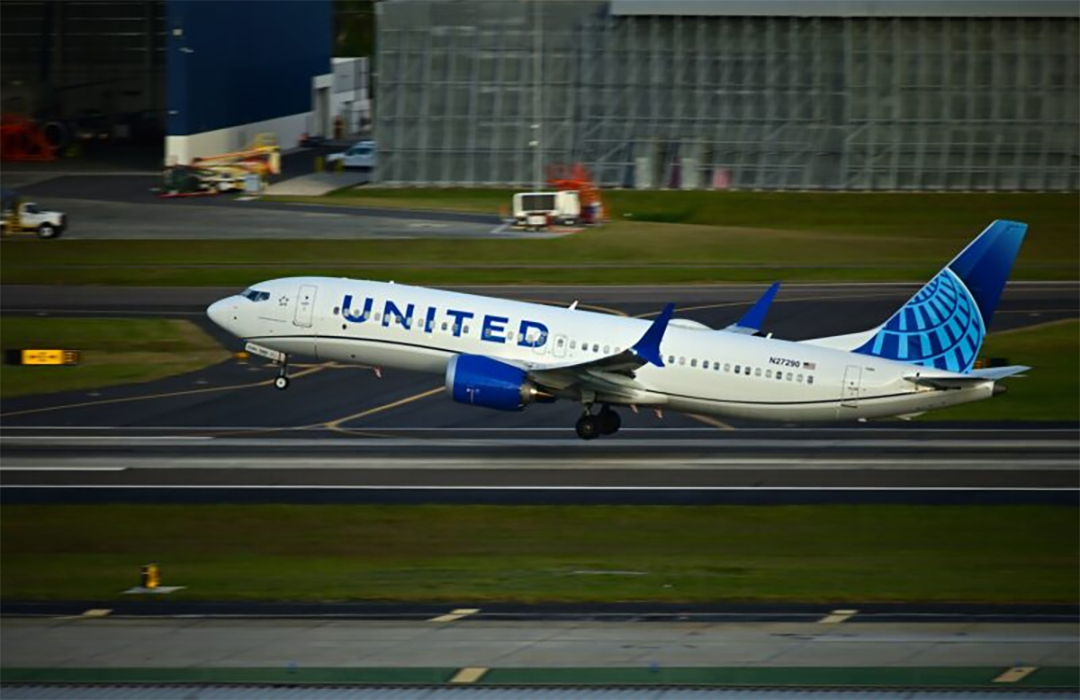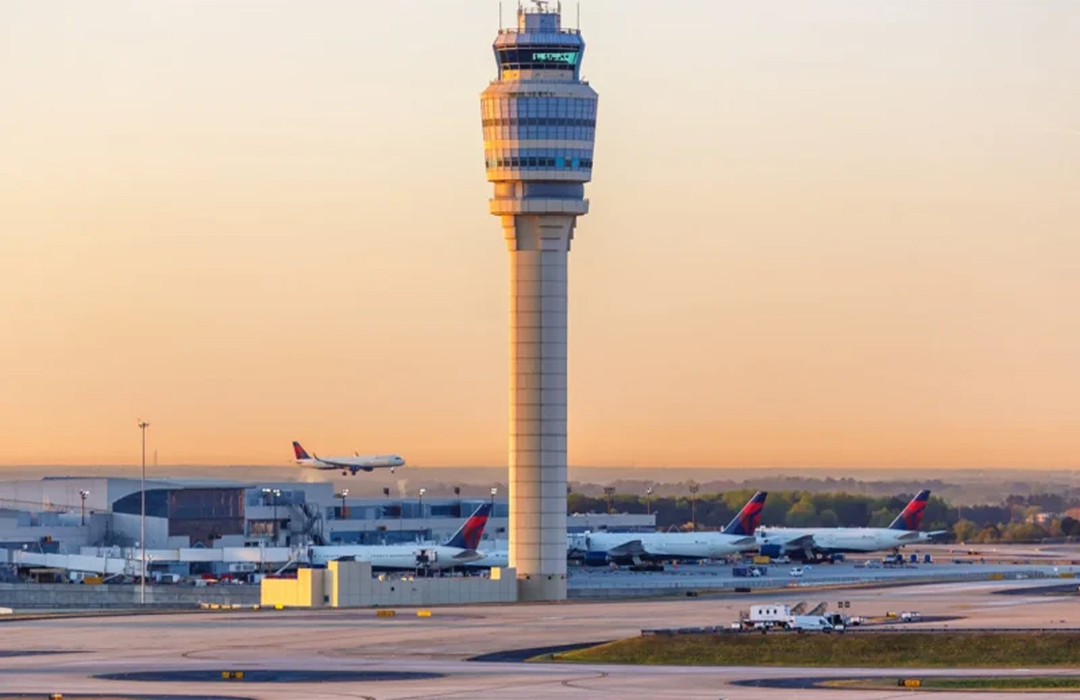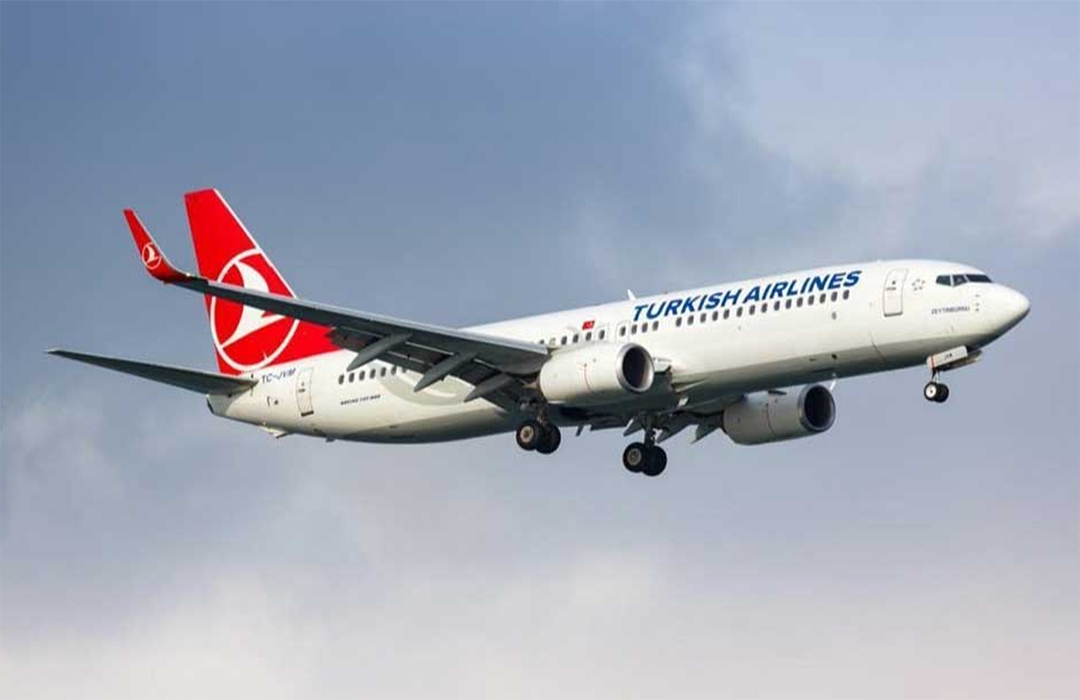systemic issues highlighted
Investigation finds no individual accountability in Biman aircraft mechanical failures
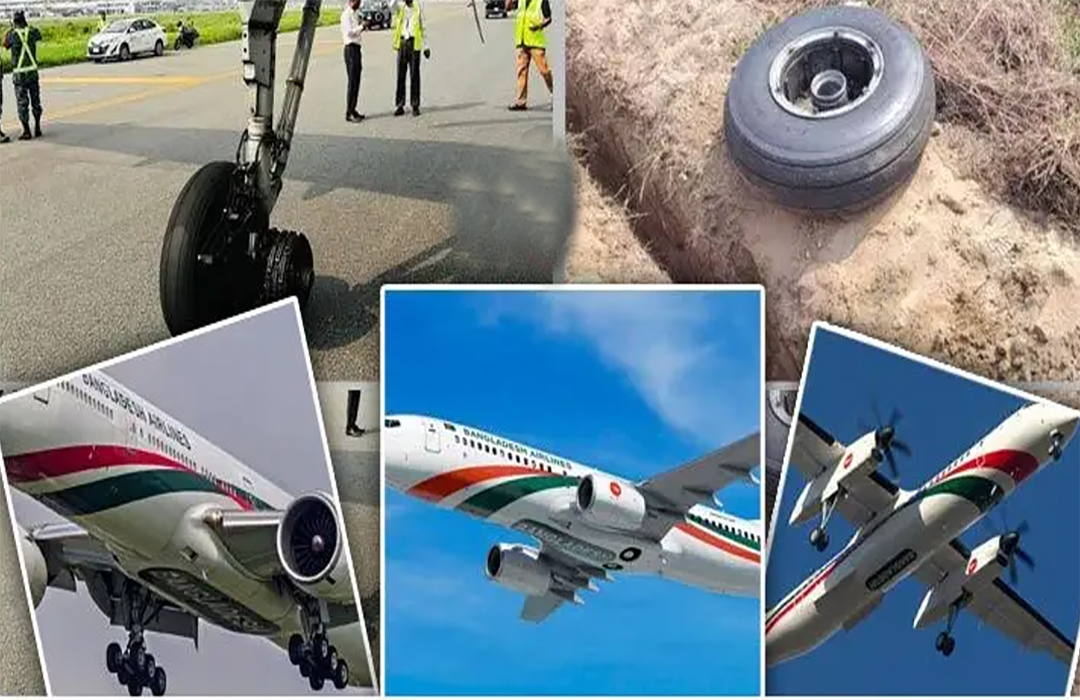
In July and August, several Bangladesh Biman Airlines
aircraft experienced repeated mechanical failures. However, the investigation
committee did not hold anyone directly responsible. The probe did reveal severe
mismanagement within the airline’s engineering department, a shortage of
skilled personnel, a lack of spare parts, and negligence in maintenance.
Additionally, the report found significant gaps in accountability within the
engineering division.
The investigation committee, formed by Biman Airlines
authorities, submitted its report to the Ministry of Civil Aviation last week.
The report included 16 recommendations aimed at preventing future mechanical
failures across the airline’s fleet, according to sources at the Ministry.
During July and August, Biman Airlines experienced numerous
technical faults, mid-air emergencies, tire detachment, and emergency landings
due to mechanical issues. These incidents caused major flight delays and
passenger inconvenience, resulting in both a loss of regular passengers and
damage to the airline’s image. In response, separate investigation committees
were formed by Biman authorities and the Ministry of Civil Aviation. Biman’s
four-member committee submitted its findings last week.
According to the report, Biman Airlines is currently
operating under an unstable condition that raises concerns regarding
international safety standards. Within just two months, at least 102 flights
failed to depart on time, with 63 delays attributed to engineering department
faults and maintenance deficiencies. On average, two aircraft experienced
mechanical problems daily during this period, ranging from faulty brake systems
and hydraulic leaks to engine pressurization failures.
On August 10, a Boeing 787-8 Dreamliner experienced a spoiler system failure in Rome, Italy, and was immediately grounded after landing. Passengers were stranded at the airport for hours.
A rescue team was
dispatched from Dhaka, taking 54 hours to arrive, during which the entire route
was suspended. Similarly, on August 9, a Boeing 777-300ER in Dhaka suffered
brake system failure, requiring four days to bring in emergency parts.
Investigations revealed that “frequently, parts from one aircraft are used for another
due to lack of stock.”
The situation on domestic routes was equally concerning.
Dash-8 series aircraft faced daily technical issues during this period. On July
2, an electrical power system failure caused the cancellation of a
Dhaka-Chattogram flight. On July 4, a hydraulic zero-pressure fault delayed a
flight by 16 hours. On July 9, three Dash aircraft experienced simultaneous
weather radar failures. On July 14, an engine generator failure caused an
8-hour delay for a Sylhet flight. On July 21, one aircraft’s pressurization system
failed while another aircraft’s windshield cracked.
The report emphasizes that these incidents are not isolated
accidents but are the result of continuous maintenance failures. Even on
international routes, Boeing 777 and 787 series aircraft repeatedly experienced
similar faults, including spoiler actuator failures, damaged wheel assemblies,
and pressurization issues on routes to Dubai, Jeddah, and Toronto. On July 18,
a main landing gear of a 787-9 in Dubai cracked, and due to the absence of
spare wheels, a new gear had to be flown from Dhaka, causing a 30-hour delay. A
similar incident occurred in Jeddah on July 23, with tires sent from Dhaka the
next day.
The investigation highlighted a deep crisis in the
airline’s engineering department. The average age of certified engineers is now
55, with almost no new generation of skilled engineers. Many experienced
engineers have retired, and newly recruited personnel often leave for private
companies or foreign assignments shortly after joining, disrupting the
continuity of expertise. Maintenance quality has declined, supervision is weak,
and shift coordination is inadequate. The airline’s inventory and spare parts management
are outdated and primitive, with no automated tracking system. Information
about which parts are used where, their expiration, or which parts are on order
must be manually checked, causing delays in replacing faulty parts and
subsequent flight delays.
The report identifies three core crises in the maintenance
division. First, dense flight schedules leave insufficient time for routine
maintenance. Second, old aircraft and excessive utilization have made technical
faults inevitable. Third, a shortage of skilled engineers is driving down
maintenance quality. The report concludes that the primary issue is human
resources, not machinery, and structural changes are essential to resolve the
crisis.
Experts noted that a “culture of impunity” has taken
institutional form within Biman Airlines. When faults occur, no one takes
responsibility; reports are either incomplete or investigation results are
suppressed.
The report includes 16 recommendations, including rapid
recruitment of skilled mechanics to ensure adequate technical staff, addressing
severe shortages among certifying and non-certifying personnel, whose average
age is around 55. It also calls for the effective utilization of staff
according to international standards, implementation of call-on or overtime
systems, regular awareness sessions, improved skill assessment and retraining
programs, updated recurrent training syllabi, task-based training for non-certifying
staff, formation of night maintenance teams, establishment of quality assurance
and control systems, maintenance resource management training, development of
technical stores, introduction of automated maintenance systems, and ensuring
necessary spare parts at line stations.
Additionally, the report recommends revising flight
schedules and implementing training and awareness programs focused on human
factors. Workshops, balanced reward and penalty systems, and other measures
should foster a culture of safety and accountability. The committee stressed
that without implementing these recommendations, repeated disasters are
inevitable.
Make Comment
Login to CommentPopular News
Subscribe to News Letter
Latest News
Weather Outlook
Clear
Dhaka, Bangladesh
Wind: 9 kmph · Precip: 0 mm · Pressure: 1009 mb

25.1°C
Fri

27.1°C
Sat

25.7°C
Sun

25.2°C


